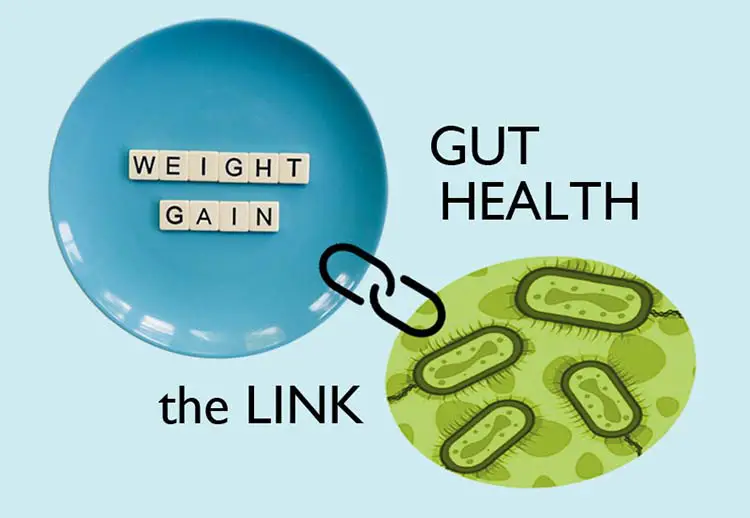Gut Health and Weight Loss: The Connection
Introduction:
When it comes to weight loss, most people focus solely on exercise and diet. However, there is another important factor that plays a significant role in achieving and maintaining a healthy weight: gut health. In recent years, researchers have discovered a strong connection between the gut microbiome and weight management. In this blog post, we will explore the importance of gut health in relation to weight loss and provide tips to improve your gut health for better weight management.
Understanding the Gut Microbiome:
The gut microbiome is a complex ecosystem of trillions of microorganisms, including bacteria, fungi, and viruses, that reside in our gastrointestinal tract. These microorganisms play a crucial role in our overall health and well-being, including digestion, absorption of nutrients, immune function, and even our metabolism.
The Gut Microbiome and Weight Loss:
Research has shown that the composition and diversity of our gut microbiome can influence our body weight. An imbalance in the gut microbiome, known as dysbiosis, has been associated with weight gain and obesity. Certain species of bacteria have been found to be more prevalent in individuals with a healthy weight, while other bacteria have been linked to weight gain and metabolic disorders.
Gut Health Tips for Weight Loss:
- Eat a Balanced Diet: Consuming a variety of whole foods, including fruits, vegetables, whole grains, lean proteins, and healthy fats, can help promote a diverse and healthy gut microbiome.
- Increase Fiber Intake: Fiber-rich foods, such as legumes, vegetables, and whole grains, nourish beneficial bacteria in the gut. Aim to include a variety of high-fiber foods in your daily diet.
- Probiotic-Rich Foods: Probiotics are beneficial bacteria that can help restore balance in the gut. Include foods like yogurt, kefir, sauerkraut, and kimchi to introduce these beneficial bacteria into your digestive system.
- Limit Processed Foods and Added Sugars: Highly processed foods and added sugars can disrupt the balance of the gut microbiome and promote the growth of harmful bacteria. Opt for whole, unprocessed foods whenever possible.
- Stay Hydrated: Drinking enough water is essential for maintaining a healthy gut. It helps transport nutrients, eliminate waste, and supports the overall function of the digestive system.
- Manage Stress: Chronic stress can negatively impact the gut microbiome. Engage in stress-reducing activities such as meditation, deep breathing exercises, or regular physical activity.
- Get Quality Sleep: Poor sleep has been linked to alterations in the gut microbiome. Make sleep a priority and aim for 7-8 hours of quality sleep each night.
- Regular Physical Activity: Exercise has been shown to positively impact the gut microbiome and support the growth of beneficial bacteria. Aim for regular physical activity to promote a healthy gut.
Conclusion:
Taking care of your gut health is crucial for overall well-being and weight management. By incorporating the tips mentioned above into your lifestyle, you can support a diverse and healthy gut microbiome, which may contribute to better weight loss results. Remember that achieving optimal gut health is a gradual process, so be patient and consistent with your efforts. With a healthy gut, you’ll not only improve your weight management but also enhance your overall health and vitality.
Note: The information provided in this blog post is intended for educational purposes only and should not replace professional medical advice. If you have specific health concerns or conditions, please consult with a healthcare professional before making any significant changes to your diet or lifestyle.

